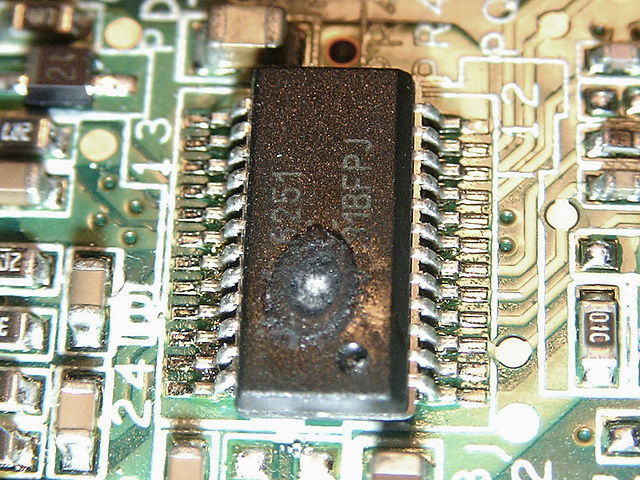In the realm of electrical circuits, resistors play a crucial role in regulating current flow and maintaining stability. However, have you ever wondered what would happen if there were no resistors present in a circuit? In this article, we will delve into the potential consequences of omitting resistors, exploring the intricate dynamics and highlighting the importance of these passive components.
- Overwhelming Current Flow:
Without resistors to impede the flow of current, a circuit would experience an uncontrollable surge of electricity. This excessive current can lead to catastrophic consequences, such as overheating, component failure, and even electrical fires. The absence of resistors removes the vital element of control, jeopardizing the integrity and safety of the entire circuit. - Voltage Instability:
Resistors serve as voltage dividers, distributing the electrical potential across different components. Without their presence, the voltage distribution becomes erratic and unstable. This instability can result in voltage spikes, fluctuations, and irregularities, which can damage sensitive electronic devices and disrupt the intended functionality of the circuit. - Signal Distortion:
Resistors also play a crucial role in signal conditioning and impedance matching. Their absence can lead to signal distortion, affecting the accuracy and reliability of data transmission. Without proper impedance matching, signals may reflect or attenuate, causing signal loss, noise interference, and degraded overall performance. This can be particularly detrimental in applications such as telecommunications, audio systems, and high-speed data transfer. - Lack of Circuit Control:
Resistors provide control over current levels, ensuring that components operate within their specified limits. Without resistors, the circuit loses this control mechanism, making it susceptible to damage from excessive current. Components such as LEDs, transistors, and integrated circuits rely on resistors to maintain optimal operating conditions. The absence of resistors can lead to premature component failure, reduced lifespan, and compromised functionality. - EMI and RF Interference:
Resistors play a vital role in suppressing electromagnetic interference (EMI) and radio frequency (RF) interference. Their inclusion in circuits helps mitigate unwanted noise and disturbances, ensuring proper functioning of sensitive equipment. In the absence of resistors, EMI and RF interference can infiltrate the circuit, degrading performance, corrupting data, and compromising the overall system integrity.
Conclusion:
Resistors are not mere passive components; they are the guardians of stability, control, and reliability in electrical circuits. Omitting resistors can unleash chaos, leading to overwhelming current flow, voltage instability, signal distortion, lack of circuit control, and increased susceptibility to EMI and RF interference. Understanding the critical role of resistors emphasizes the importance of their inclusion in circuit design and highlights the need for meticulous attention to detail in electrical engineering.



